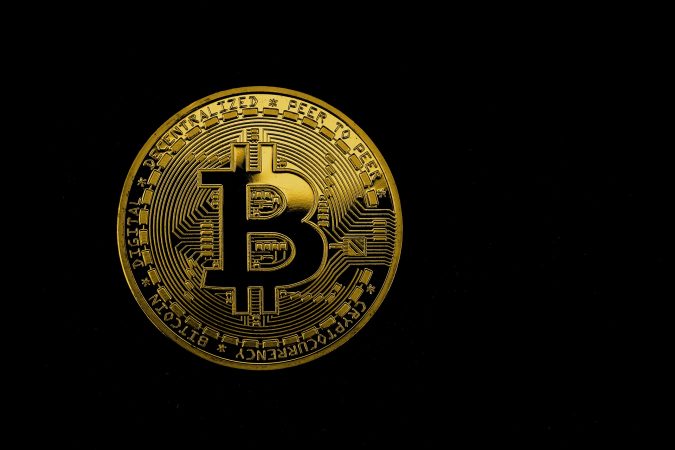In a move that surprised the tech industry, Elon Musk filed a lawsuit against OpenAI and its CEO, Sam Altman. This legal action highlights a conflict around the open-source principles that OpenAI initially defended, principles that Musk now considers betrayed by a partnership deemed too close with Microsoft.
The origins of the conflict
Elon Musk highlights his concern about OpenAI drifting from its initial open-source ideal towards a commercial model. The founding of OpenAI, co-initiated by Musk, aimed to promote AI that benefits everyone, but its recent collaboration with Microsoft seems, for Musk, to betray this commitment. He points to recent developments, such as ChatGPT-4, which mark a move away from the principles of sharing and accessibility.
Legal implications: What Musk is asking for
In his complaint, Musk doesn't just criticize; it calls for concrete actions: the return of OpenAI to an open-source philosophy and the cessation of the commercial use of its AI developments. He emphasizes the need for AI to be developed in an ethical and transparent manner, highlighting the risks of powerful technology being exploited without adequate oversight.
The impact on the future of AI
This affair between Musk and OpenAI could set an important precedent for the future of AI. It raises crucial questions about the balance between innovation and ethics, the role of large companies in the direction that the development of AI is taking, and the importance of a clear regulatory framework to govern this technological evolution. It also challenges the international community on the values that we wish to prioritize in the future of AI.









